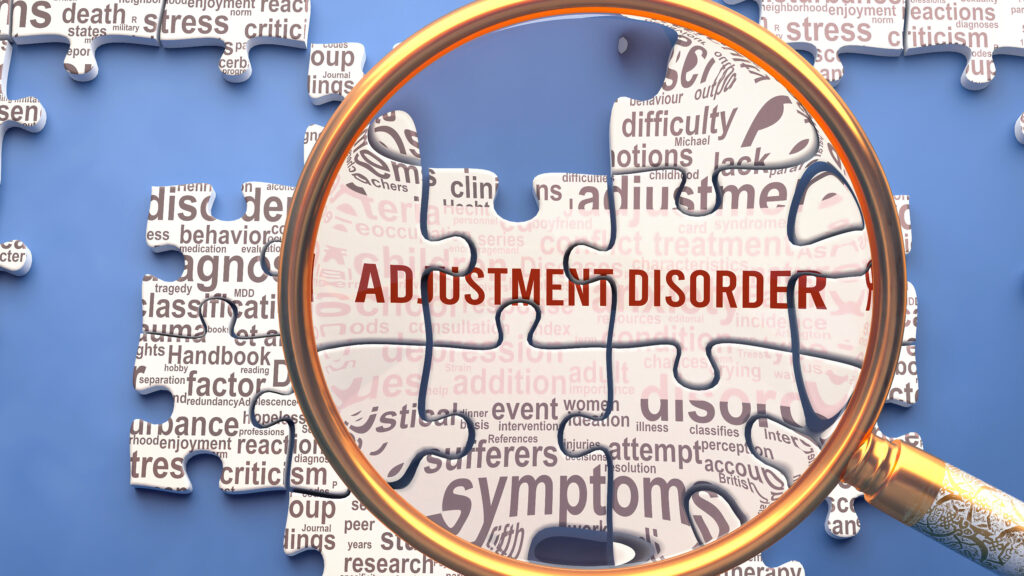If you have an adjustment disorder, then it is possible to win SSD benefits. However, the burden in on you to prove your adjustment disorder prevents you from working. In order for the SSA to pay your SSD benefits, you need medical records that prove your symptoms are severe and keep you from working.
The SSA has a list of psychiatric conditions that qualify for SSD benefits. Adjustment disorders are not on that list. Instead, related disorders, like anxiety and depression are listed. People who have symptoms of an adjustment disorder while suffering from another mental disorder have a higher chance of approval.
The SSA evaluates an application by reading your medical records. Your records are the most important evidence of your adjustment disorder. If you have an adjustment disorder, then you need a counselor and a doctor. Your doctor can prescribe medication to help your symptoms. The progress notes from your counselor and doctor will show how your condition responds to treatment. If you cannot work, then your treating providers can offer their opinion to the SSA.
HOW TO APPLY FOR SSD BENEFITS FOR ADJUSTMENT DISORDER
You can apply for SSDI benefits in person at your local SSA office. Also, you can apply for benefits over the phone or online at the Social Security website. You can apply for Supplemental Security Income (SSI) benefits in the same way. Whether you apply online or in person make sure you complete your application. The SSA deals with thousands of cases on a daily basis. If there are errors in your application, then it will delay your case.
YOU CAN APPLY FOR TWO TYPES OF SOCIAL SECURITY BENEFITS
Qualifying for SSD benefits means your adjustment disorder prevents you from working at all jobs. The SSA uses a five step review process to determine if they can pay you SSD benefits. Below, you can find an explanation as to each type of benefit for which you can apply:
Social Security Disability Insurance (SSDI):
SSDI benefits are for those who can no longer work due to a severe medical condition. The amount of money you receive from SSDI benefits is based on the taxes you paid during your working years. To qualify for SSDI, you must have earned enough “work credits” to qualify. Learn about work credits and SSD benefits. Everyone has a different SSDI benefit, because every person earns different amounts of money during their lifetime.
A work credit is an amount of taxable income. You can earn up to 4 work credits per year. The amount of work credits you need depends on how old you are when you apply for benefits. If you haven’t earned enough work credits, then you will only be able to file for SSI benefits. SSI benefits do not require you to have any work credits.
Supplemental Security Income (SSI):
SSI is a needs based benefit. It is for those people with little to no income, such as children and the elderly. Anyone who makes more than a certain amount of money per month cannot receive SSI benefits. The SSA counts the income and assets of those who live with you, such as a spouse. They will count the income of anyone with whom you share finances.
If you have a spouse who earns $4000 a month, then that income will prevent you from getting SSI benefits. The same rule applies if you are living with a boyfriend and he is paying your bills. Also, the same rule applies if you are living with your common law wife and she is paying your bills. If you live with someone who makes money and you rely on that money, then the SSA states their income is also yours. Income can eliminate your ability to get SSI benefits. You cannot get SSI benefits, if you do not meet the income and asset rules for SSI.

 CAN YOU GET SSD BENEFITS FOR AN ADJUSTMENT DISORDER?
CAN YOU GET SSD BENEFITS FOR AN ADJUSTMENT DISORDER?

